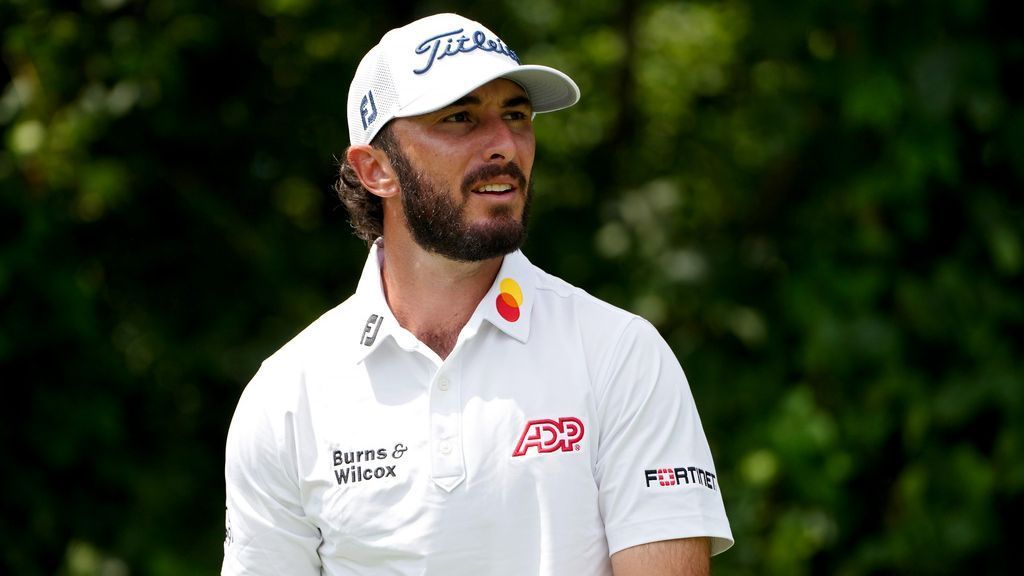FROM RUTGERS TO REUTERS:TRACKMAN BALAZS KORANYIANALYZE THE 19TH WORLDS
By ELLIOTT DENMAN
Bear in mind Balazs Koranyi?
I positive do. A lot of observe followers round New Jersey – and the remainder of the world – bear in mind him, too.
He traveled from Walter Johnson Excessive College in Maryland to Rutgers, the State College of New Jersey, after which his actual travels began – again to Hungary, the Koranyi household’s historic homeland, and the worldwide observe and area circuit.
He’s nonetheless within the books because the RU 800-meter record-holder and within the RU Corridor of Fame for all his sensible racing for Coach Mike Mulqueen’s Scarlet Knights.
However his best racing deeds got here for Group Hungary: Two Olympic appearances, reaching the 800 semis at Atlanta in 1996 and Sydney in 2000. A fourth at World Indoors and a 3rd at European Indoors. PRs of 1:45.39 out and 1:46.47 in. Nationwide information out and in.

That was some two decades-plus in the past – however he’s by no means stopped touring. He’s now Thomson Reuters’ chief correspondent, targeted on the financial, enterprise, and political occasions of principally Europe and the world. He’s placing his RU diploma in political science to nice work. As Linked In places it, “in managing a workforce of reporters. In a altering media panorama, (he’s) all the time striving for innovation whereas sustaining the gold normal in journalism.”:
So clearly, he’s properly geared up to investigate the story behind the story of the lately concluded nineteenth World Championships of Monitor and Subject.
Like nearly all in Hungary, he’s delighted with the large success of the Worlds – that terrific Nemzeti Atletikai Kozpont stadium, these nice crowds for 9 straight days, all these magnificent performances by the fastest-strongest-leaping representatives of 202 nations, all these TV hours and their grand vistas of Buda and Pest and the lengthy journey the capital metropolis has taken from a horrendous world warfare to years within the Soviet orbit to its modern-day standing as a member of the European Union and NATO.

He was there within the early days of nineteenth Worlds – “I purchased a ticket like everybody else,” he tells you. “And the standard of the performances was simply incredible. High match-ups, incredible outcomes. Nice competitors.”
However there was a draw back, too.
It got here at a price in major-major forints – the Hungarian forex – that may absolutely have many zeroes hooked up when all is toted up.
“In Hungary, although, all that didn’t matter,” he mentioned. “Value didn’t matter. The brand-new stadium was fantastic. That half was all good.”
Then once more, he reminds you that the definition of Hungarian-style democracy isn’t fairly the identical because the American definition, that the prime minister’s (Viktor Orban’s) needs not often go unheeded.And so a swath of previous and unused industrial wasteland was ordered cleared and that magnificent stadium erected. Athletes will all the time say, “I need to compete in a spot like this,” mentioned Koranyi. “However it’s a lot too massive, far too massive for normal use,

“So it can now be scaled again to a smaller, mid-size stadium, with maybe 15,000 seats. However its future just isn’t that straightforward.”
He concurs that bringing the Worlds to Budapest was a “good and noble enterprise” and a showcase occasion which may help a future Olympic bid. Then once more, he now is aware of that its residents shall be footing a number of very massive payments at a difficult time of their nation’s historical past.
“Hungary has the best inflation price of any nation in Europe, about 10 % proper now,” he reminds you. “America is about 4.5 %, the remainder of Europe about 5 %.”
Whereas the Worlds have been very good, Hungary’s personal medal depend was not. Its 9-day whole was a single bronze. In a way, it was maintaining tempo with a number of previous editions.
Canada drew a 0-0-0 clean at Edmonton in 2001. France was 1-0-0 at Paris in 2003, Finland 0-0-1 at Helsinki in 2005, Japan 0-0-1 at Osaka in 2007, and Korea 0-0-1 at Daegu in 2011.

Talking of a home-nation edge, Hungary’s Bence Halasz might have been the most-cheered athlete within the meet. Six-foot-one, 190 kilos, the 26-year-old is loads smaller than most of his rivals on the worldwide hammer-throwing scene.
However loads lither, loads faster within the ring.
Wind him up, see him twirl 1,2,3 and 4 occasions, and watch the flight of the 16-pound ball-on-a-wire earlier than it disappears within the distance.
After which see it re-emerge and plop down into the turf on the opposite finish of the stadium.He let one fly 80.82 meters to take the lead within the first spherical of the finals and – simply as you’d anticipate – bought the house followers (whose ranks included household, mates, and Prime Minister Orban) loudly, proudly, humongously excited.“Ria-Ria Hungaria” grew to become their battle cry.
4 extra rounds glided by earlier than Canadian longshot Ethan Katzberg lofted one 81.25 to edge in entrance. After which Olympic champion Wojciech of Poland flung it 81.02. And now Halasz was third – and there he stayed.

5-time World Champion Pawel Fajdek of Poland was relegated to fourth.
For Halasz, his bronze meant the world.“It’s a beautiful feeling,” he mentioned. “The gang gave me such energy that I actually felt it was coming from past me.” However seven extra days flew by – with zero extra Hungarian medals.
Like in every single place else, Hungarian sports activities leaders proceed to seek for probably the most promising kids. And observe must recruit its fair proportion to keep up tempo.
“The World Championships will certainly be an incentive,” mentioned Koranyi. “They are going to be remembered for a really very long time.”
He absolutely hopes these visions are retained – for years and years forward. And, perpetually conscious of its financial pulse, that his nation can discover a approach to afford them.



















